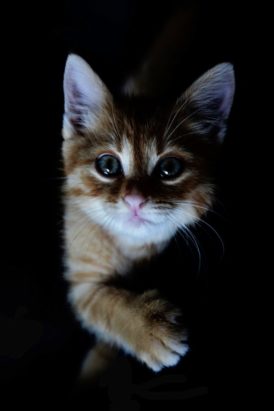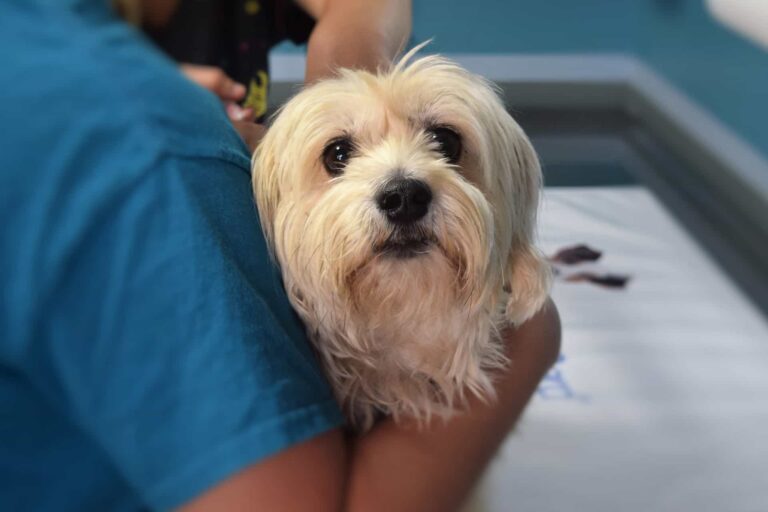Why Does My Cat Leave Its Mouth Open After Sniffing Something, and what is the flehmen response?
Cats have some strange behaviours, whether it’s chattering to birds, kneading a fluffy blanket, or leaving their mouths open after sniffing something, like a patch of grass, or even your dirty sock! When cats do the latter, it can look odd, like they’re in shock or gasping in surprise. This behaviour is called the flehmen response. Cats, as well as some other animals (such as horses, goats, buffalos, and big cats!), display this type of behaviour when something smells particularly interesting to do them.
The flehmen response is when a cat curls back their upper lip and inhales the air. This is so the smell they’ve just sniffed can reach one of the Jacobson’s organs, or the vomeronasal sac. This organ is on the top of your cat’s mouth, behind their pearly whites. The vomeronasal sac checks out the interesting smell and then transfers it to the brain. In other words, your cat is taking a deeper, more in-depth look at the scent.
Cats use pheromones to communicate with one another. This is why you often see cats brush up against or headbutt objects, furniture, and even you. By doing this, your cat is transferring pheromones to that object and marking its territory. When your cat rubs up against you, they are branding you with their scent and claiming ownership of you. Essentially your cat is saying “this is my human – back off!” to other felines. It sounds bizarre, but it’s the deepest form of love in your cat’s perspective!
Which Smells Are The Most Interesting To A Cat?
Smells of the most interest to your cats are usually ones that concern territory. Felines are able to smell urine from other cats. Male cats use urine as a way to mark their territory, which is why unneutered males can have issues with spraying and frequent urination in places that aren’t their litterboxes. This is also why it’s common for cats to urine mark when a new cat enters their home. They feel threatened by the newcomer and want to reassert their territory and dominance. These instances are more likely to cause cats to display the flehmen response.
Similarly, female cats also use urine to mark territory, as well as to let male cats know they are in season (and ready to mate). Mother cats also use the flehmen response to find her kittens’ whereabouts. However, the flehmen response is more commonly seen in male cats.
Some cats also use the flehmen response to sniff out food or treats, as well as scents they might not be familiar with (such as a new toy or one of your dirty socks!).





